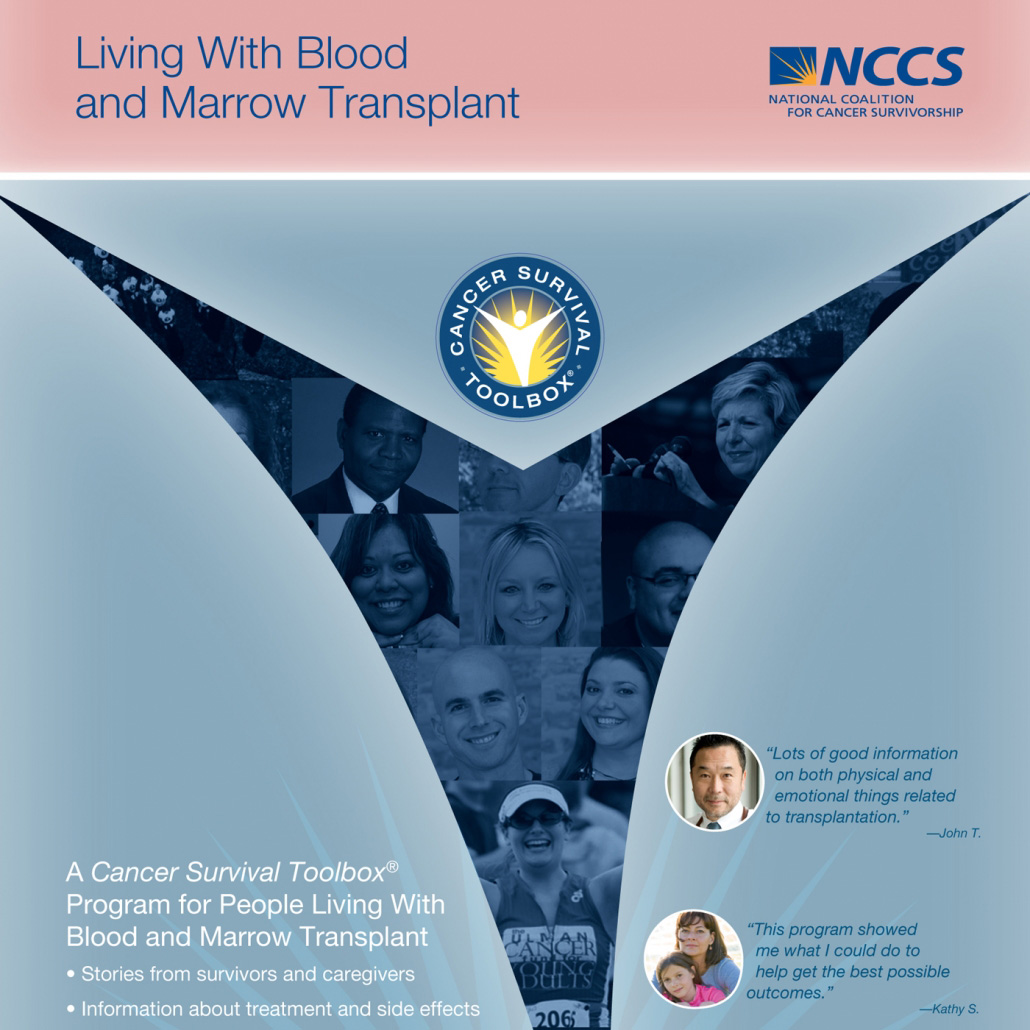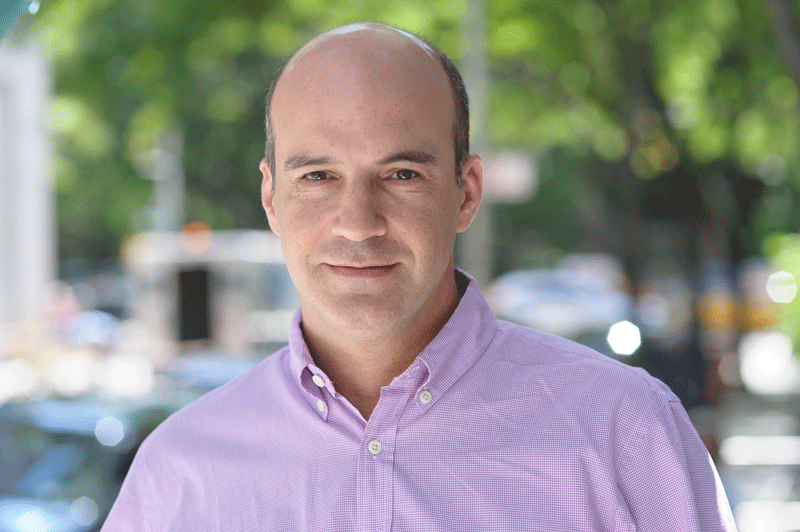 https://canceradvocacy.org/wp-content/uploads/2014/12/Bateman-House-Thumb.png
321
699
actualize
https://canceradvocacy.org/wp-content/uploads/2020/06/NCCA-Logo.png
actualize2014-12-10 10:29:582014-12-10 10:29:58Guest Post: Are Right to Try Laws a Good Idea?
https://canceradvocacy.org/wp-content/uploads/2014/12/Bateman-House-Thumb.png
321
699
actualize
https://canceradvocacy.org/wp-content/uploads/2020/06/NCCA-Logo.png
actualize2014-12-10 10:29:582014-12-10 10:29:58Guest Post: Are Right to Try Laws a Good Idea?Your generous year-end donation will be matched $1 for $1 DONATE
Access to Care
Access to quality, affordable cancer care is essential for anyone with a cancer diagnosis. Access includes adequate health insurance that covers needed treatments without leaving people with cancer to suffer “financial toxicity.” People with cancer also need the ability to participate in a clinical trial, if it represents a potential treatment option.
Prior to the Affordable Care Act (ACA), cancer survivors were at the mercy of the health care system, often forced to pay exorbitant premiums or simply denied coverage altogether. Today, America’s 18.1 million cancer survivors benefit from the ACA’s patient protections that provide them with quality, affordable, and accessible health care coverage. Through the ACA, cancer patients and survivors can now purchase insurance through Healthcare.gov and state insurance exchanges. The ACA has afforded protections related to out-of-pocket expenses, lifetime caps, and pre-existing conditions.
NCCS believes in the following principles for access to care:
- Individuals with pre-existing conditions must not be denied coverage or charged higher premiums.
- Plans must cover all essential health care needs.
- Adequate financial assistance must be provided to ensure people with low and moderate incomes can purchase health insurance.
- Insurers must not discriminate against older Americans, who are disproportionately impacted by cancer, or women.
- Cost-sharing protections must be maintained, including caps on out-of-pocket costs and the elimination of annual and lifetime maximum benefits.
- States should take advantage of the ACA’s Medicaid expansion, which provides coverage to low income individuals living with cancer.
- People with pre-existing conditions must not be segregated into high-risk pools, which are expensive and burdensome and do not meet the needs of cancer patients.
- Cancer patients must have access to comprehensive and well-coordinated cancer care, including clinical trials.
 “For a cancer survivor, dealing with the collateral damage of cancer treatment and the continued surveillance for recurrence or secondary cancers, going without insurance is simply not an option. I am very worried that the proposed replacement for the ACA will harm cancer survivors, particularly people with low incomes and people over the age of 50. We simply can’t go back to the days before the ACA when cancer survivors could be denied coverage, and we must ensure people have access to quality, affordable health insurance.”
“For a cancer survivor, dealing with the collateral damage of cancer treatment and the continued surveillance for recurrence or secondary cancers, going without insurance is simply not an option. I am very worried that the proposed replacement for the ACA will harm cancer survivors, particularly people with low incomes and people over the age of 50. We simply can’t go back to the days before the ACA when cancer survivors could be denied coverage, and we must ensure people have access to quality, affordable health insurance.”
Michael Kappel, NCCS board member and 13-year colon cancer survivor
 https://canceradvocacy.org/wp-content/uploads/2014/12/Bateman-House-Thumb.png
321
699
actualize
https://canceradvocacy.org/wp-content/uploads/2020/06/NCCA-Logo.png
actualize2014-12-10 10:29:582014-12-10 10:29:58Guest Post: Are Right to Try Laws a Good Idea?
https://canceradvocacy.org/wp-content/uploads/2014/12/Bateman-House-Thumb.png
321
699
actualize
https://canceradvocacy.org/wp-content/uploads/2020/06/NCCA-Logo.png
actualize2014-12-10 10:29:582014-12-10 10:29:58Guest Post: Are Right to Try Laws a Good Idea?
We’re Going Digital: Last Week to Order Cancer Survival Toolbox – Blood Cancer Programs in Audio CD

NCCS Policy Comments: Recommending Cancer Survivorship as a Topic for FDA Patient-Focused Drug Development Meetings

NCCS Offers Policy Comments: Strategies for Increasing Patient Participation in FDA Review Activities

WCOE: Comparing Health Plans, Motivating Change in Clinical Practice, the Sunshine Act, and Clinical Trials Protocols

Guest Blog: Fighting Cancer Means Fighting for Cancer Data

NCCS Responds to Two Recent Articles Covering the Complexities of Transparency and Shared Decision-Making Issues


